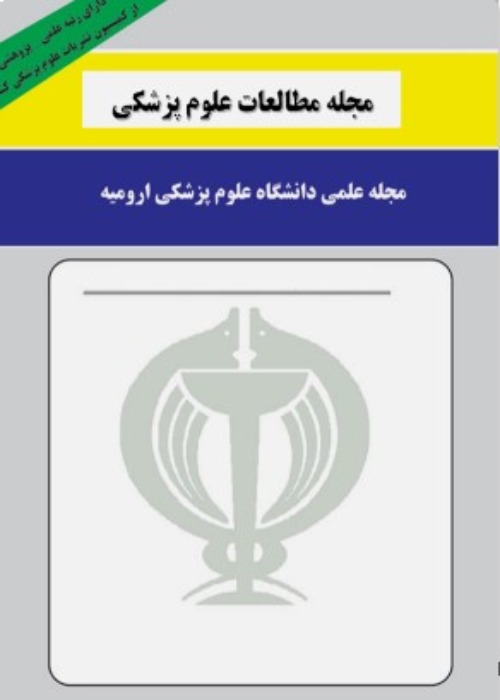STIMULATION AND RECRUITMENT OF HIPPOCAMPUS NEURAL STEM CELLS AS A NOVEL AND EFFICIENT THERAPEUTIC STRATEGY IN THE TREATMENT OF ALZHEIMER’S DISEASE: A REVIEW STUDY
The promotion of Alzheimer’s disease contributes to the brain cell (neuron) death and synaptic dysfunction in the hippocampus. These changes continue with the neural tissue degeneration and behavioral deficits such as learning disabilities, memory loss, and cognitive impairment which coincided with the reduction of neurogenesis. As a matter of fact, applying novel therapeutic strategies have focused on neural stem cell therapies. Due to the short-time survival rate, lack of transplantation efficiency and differentiation capacity, the use of suitable microenvironment is mandatory in order to stimulate dynamic growth of neural stem cells and regeneration rate.
In the present study, articles indexed in PubMed, ISI, and Scopus databases about the application of neural stem cells in neurodegenerative diseases such as Alzheimer’s disease were reviewed. Besides, different approaches to activate and increase the recruitment of neural stem cells via mesenchymal stem cells, growth factors, scaffolds and extracellular matrix were described in the context of neuro-regeneration.
Several studies revealed that mesenchymal stem cells stimulated proliferation, recruitment, and neural differentiation of neural stem cells and improved synaptic plasticity by the production of neurotrophic factors, chemokine, and extracellular matrix. In addition, mesenchymal stem cells decreased the apoptosis phenomenon and increased cell viability via the secretion of anti-inflammatory and anti-apoptotic factors. It has been shown that the fabrication of scaffolds from natural biomaterials provides suitable and biocompatib le artificial microenvironments that are comparable to the naïve brain extracellular matrix with the potential to promote cell migration and differentiation. These approaches could alleviate the neural tissue degeneration and diminish the cognitive impairment.
The stimulation of endogenous neural stem cells recruitment using mesenchymal stem cells and different cell-related products, extracellular matrix, natural and artificial materials could protect the individuals against Alzheimer’s disease and reduce the progression of neurodegeneration, and restoration of behavioral deficits.
- حق عضویت دریافتی صرف حمایت از نشریات عضو و نگهداری، تکمیل و توسعه مگیران میشود.
- پرداخت حق اشتراک و دانلود مقالات اجازه بازنشر آن در سایر رسانههای چاپی و دیجیتال را به کاربر نمیدهد.


